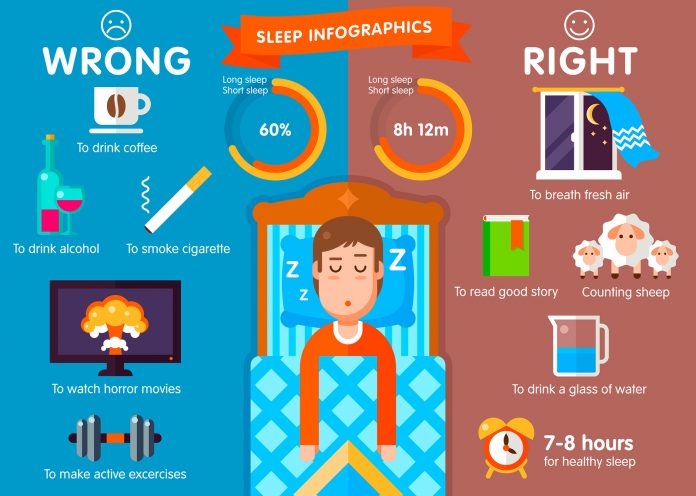Just like everyone else, seniors have problems sleeping. Many seniors have trouble falling asleep or wake up after only a few hours. Some wake up continuously throughout the night and get up at a very early hour. Because of this they are so fatigued during the day that they have trouble with their daily activities. Senior insomnia is important to understand and address to improve senior health and well-being.
What are the most common causes of insomnia and improper sleep habits with seniors?
Pain or medical conditions
Health conditions such as arthritis, asthma, diabetes, osteoporosis and Alzheimer’s can interfere with sleep as well as cause pain that leads to frequent awakenings. Talk to your doctor to address underlying issues.
Inconsistent sleep patterns
Try to sleep at regular hours and get up at the same time each day. Don’t consume alcohol or caffeine before bedtime or fall asleep with the TV on. Make your bed as comfortable as possible and keep the room dark and quiet. If you smoke, try not to smoke before going to bed.
Lack of exercise or fresh air
Regular exercise each day can help promote sleep. Living a sedentary lifestyle not only causes you to sleep less but it can add to stress and depression, both of which also interfere with sleeping well. Exercise and enjoying the fresh air during the day can help your body need to sleep at night.
Sleep disorders
Common sleep disorders such as restless legs syndrome and sleep apnea occur more often as you age. See your doctor and relate any symptoms to them.
Your internal clock
Another reason seniors may have trouble sleeping is that their internal clock changes as they age. This adjusts the timing of sleep to an earlier bedtime and wake up time. However, many seniors continue to stay up late out of habit and therefore deprive themselves of sleep.
If you’re having trouble sleeping, try these tips for getting more sleep:
- Turn off TVs, computers, and other blue-light sources before you go to bed. Cover any displays you can’t shut off.
- Don’t nap during the day. For energy slumps, try a glass of cold water, an energizing snack or a short walk.
- If back pain is keeping you awake, try using a pillow between your legs to take the stress off your lower back.
- Pick the right pillow. It should support the natural curve of your neck when you are lying on your back. If you sleep on your side, make sure you head is aligned with the rest of your body.
- Have a light snack before bed, such as cereal and milk, crackers and cheese and don’t overload on the water. All seniors need to be hydrated and it’s a good idea to keep water beside your bed but drink throughout the day.
- Try gentle exercise such as yoga to tai chi in the evening. It helps to relax both your mind and your body.
- If you are a light sleeper, use a source of white noise to block out street sounds. While you do want to hear smoke detectors, you don’t want car horns and traffic keeping you awake at night.
- Clear your mind of worries and problems. Keep a journal by your bed and write down anything that is worrying you. It will keep until the morning. Listen to quiet music, meditate or read a relaxing book before you go to sleep.
Focus as much energy as you can to get regular sleep to keep your body and mind in great shape!
Consider some natural solutions mentioned here and see some informative statistics below:
























